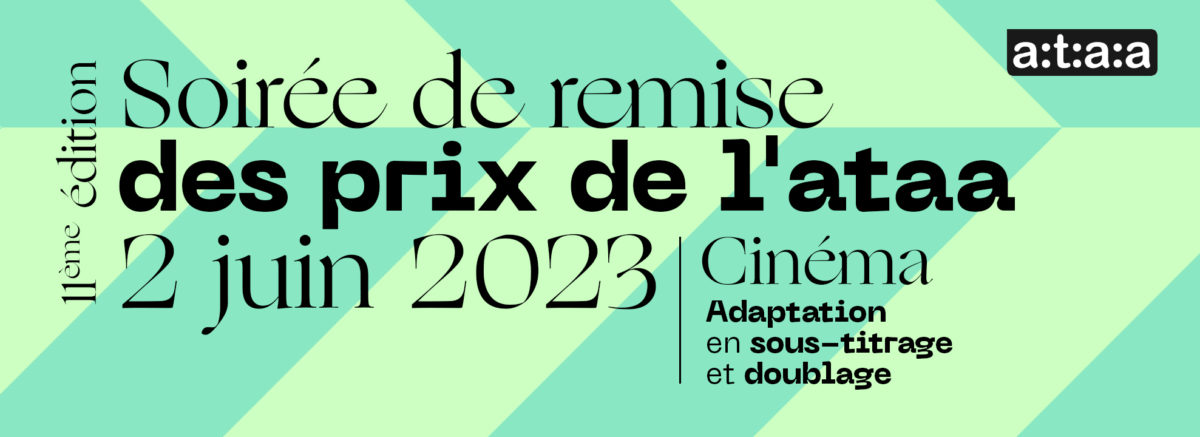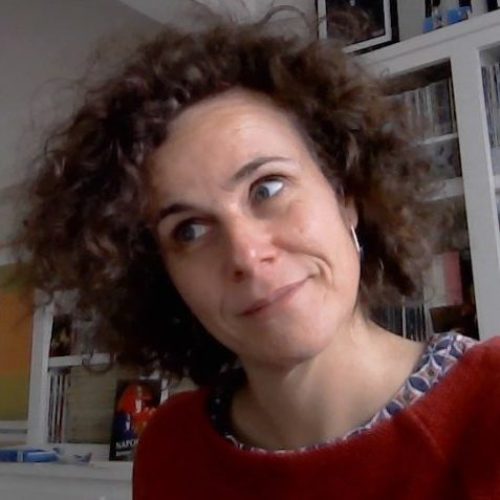A Subtitler Speaks from Experience
(To read the French version, click here)
Publié le 10 février 2023 dans
Édito
Maï, in the ATAA forum, you recently told us about a job one of your clients offered to you. Can you tell us more about it?
A large postproduction studio in Paris contacted me in December 2022 about subtitling all the episodes of a very prestigious, very successful mini-series with a very comfortable turnaround time (4 months to do 7 45-minute episodes). They told me the rate would be 16 € per minute (for both adaptation and timespotting).
They also told me there would be a lot of extra work I’d have to do, like filling in tables, preparing a list of on-screen texts and a localisation list which is a list of recurring and/or important words specific to the series the client wants so they can check everything and ensure a uniform translation for both the dubbing scripts and the subtitles. Preparing these documents requires a lot of additional time and coordination with the dubbing and subtitling teams. For this extra work they ask us to do, which has increased significantly over the past few years, we don’t receive any compensation. But author groups are currently in discussions to get this work included in the list of paid tasks. The project manager seemed apologetic about the amount of extra work to be done and said that she could possibly pay me for the simulation [the step where the subtitles are proofread and checked with the programme] as a way to compensate me for the extra work.
At first, I was excited to work on this project and with the dubbing team. I knew one of the authors, and I liked the subject of the series. So, my desire to be part of the project led me initially to accept the job in principle. But after thinking about if for a few days, I did the math. When a programme has a lot of dialogue, which is often the case with a series, there’ll usually be about 18 subtitles per minute on average. At the rate they were offering, that worked out to 88 cents per subtitle. I’m lucky enough to have the opportunity to work regularly on projects that pay between 3.50 € and 4.30 € per subtitle. So I called the project manager back and refused the job because the rate was inappropriate. I explained to her that, being a staunch defender of proper rates for the profession, I could not, in good conscious, agree to such a low rate.
It was the first time that I was getting contacted to subtitle a programme that would run on Amazon. Along with that, I was also offered a dubbing project at a relatively acceptable rate of 28.60 € per minute, and I accepted that one.








